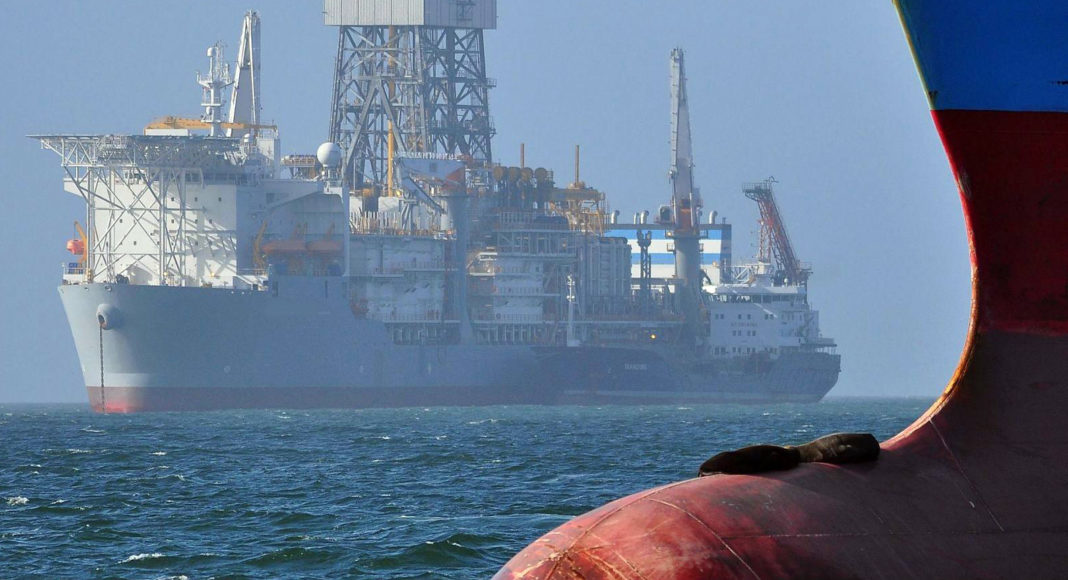Governments, particularly those in economies dependent on the oil industry are looking to do their part by ensuring exploration and production activities remain economically feasible in an era where fiscal stress continues to be high, brought on by the global pandemic.
UK-based consultancy group Wood Mackenzie said in a new report that the pandemic has brought a new reality in the oil and gas industry.
“Economies dependent on the oil industry will be keen to bring back jobs and associated incomes. Among governments that still need the upstream industry, most are aware that fewer companies are still exploring,” WoodMac said.
Globally, almost one in three workers in the oil and gas industry faced pay cuts in 2020, a worldwide survey showed on Tuesday, as the pandemic drove down fuel demand and prices. Oil and gas firms have cut jobs to survive what is expected to be a long stretch of weak demand. Analysis show that more than 400,000 industry jobs had been cut as of October 2020, half of them in the United States, where there is a heavy focus on costly shale oil output.
According to WoodMac, licensing in 2021 will be an explorer’s market. More than 20 rounds could launch in the next 12 months, including some delayed from last year.
“Some authorities will be proactive and offer more flexibility or marginally better terms to help their rounds compete. But overall acreage uptake will remain low,” the consultancy group said.
Many companies have refreshed their acreage portfolios since the last downturn and are content to drill out existing acreage. WoodMac said for companies that do bid on acreage, the dominant theme will be infrastructure-rich basins offering short-cycle opportunities, rather than remote frontier areas.
“How many governments are willing to promote investment with fast and sufficient fiscal improvements to support the industry remains to be seen,” WoodMac said. ‘Previous downturns met with diverse responses.”
In Guyana, analysts have said competitive fiscal terms that provide for low breakeven prices coupled with good quality oil have been integral in the resilience seen in the deepwater operations.
One expert has said the highly volatile nature of oil prices, even before the global pandemic and accelerated move towards renewables, means that systems must be established that cater to any eventuality.
“So, even if oil prices would stay at fifty dollars…it is still economic to produce these resources [in Guyana] and that is proven by the great interest of the oil companies to develop those resources,” said Dr. Pedro H. van Meurs. “So, for the moment, if we believe the low oil prices are here to stay, the system of Guyana is actually perfect for the conditions.”
Permit delays in Brazil could see Guyana emerge as deepwater winner for investments
Even as exploration and production activities have slowed down and, in some cases, came to a halt due to falling oil prices resulting from demand destruction brought on by the pandemic, Guyana offshore has remained busy. Exploration continues in earnest at Stabroek and other blocks as well as production at the Liza Phase 1 Development. Additional fields are also being developed as Liza Phase 2 and Payara are set to come online in 2022 and 2024, respectively. Exploration activities are also set to ramp up this year.
“I think you have seen that the [oil] resource stacks up well, the investment has continued…. At this point I think it is good news and a good indication that Guyana has not seen backtracking so far,” Dr. Dean Foreman, Chief Economist at the American Petroleum Institute has said. “The key for Guyana is that it has a very attractive crude oil, creating relationships with refineries in North America, Europe and Asia Pacific.”



